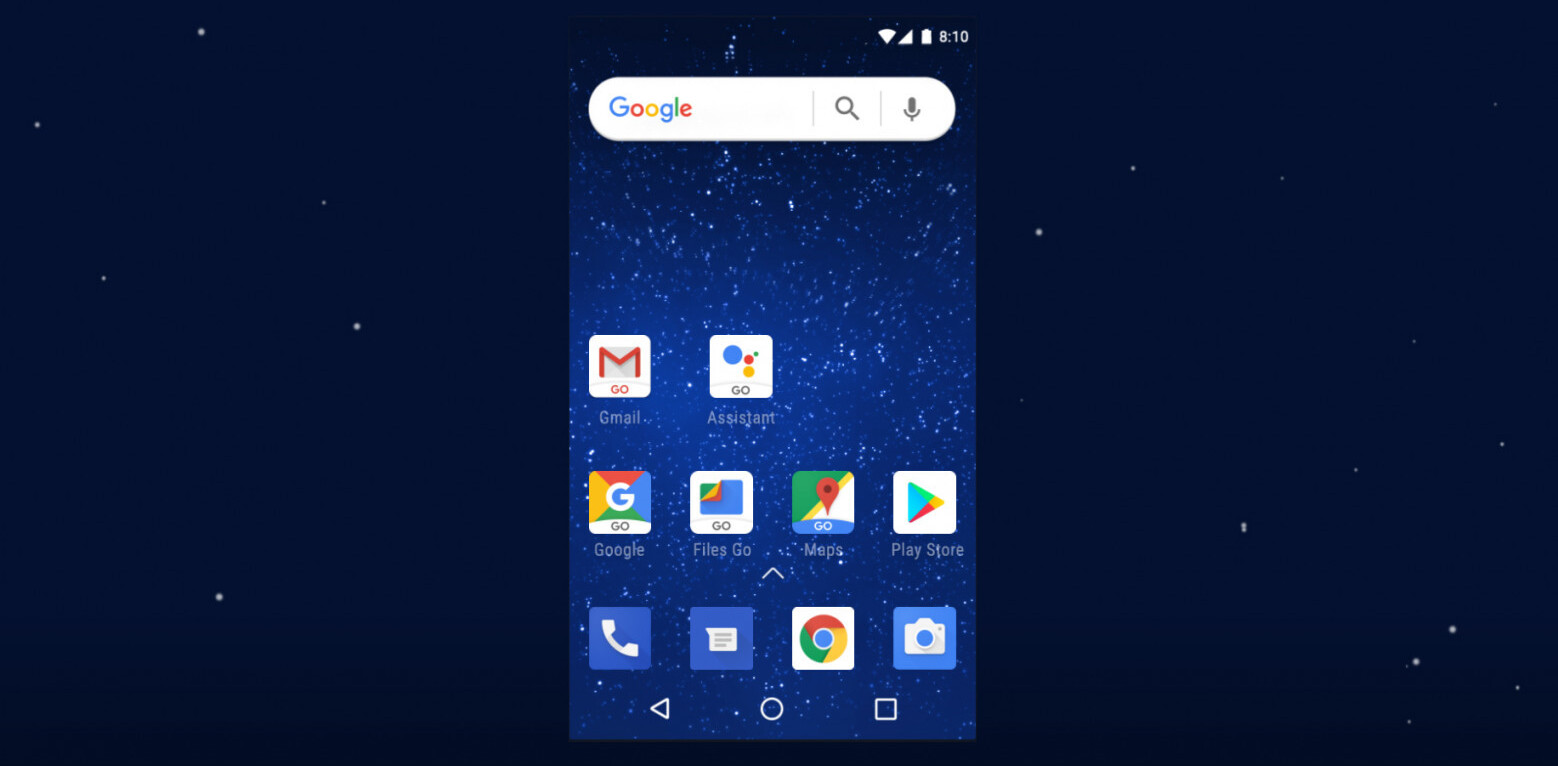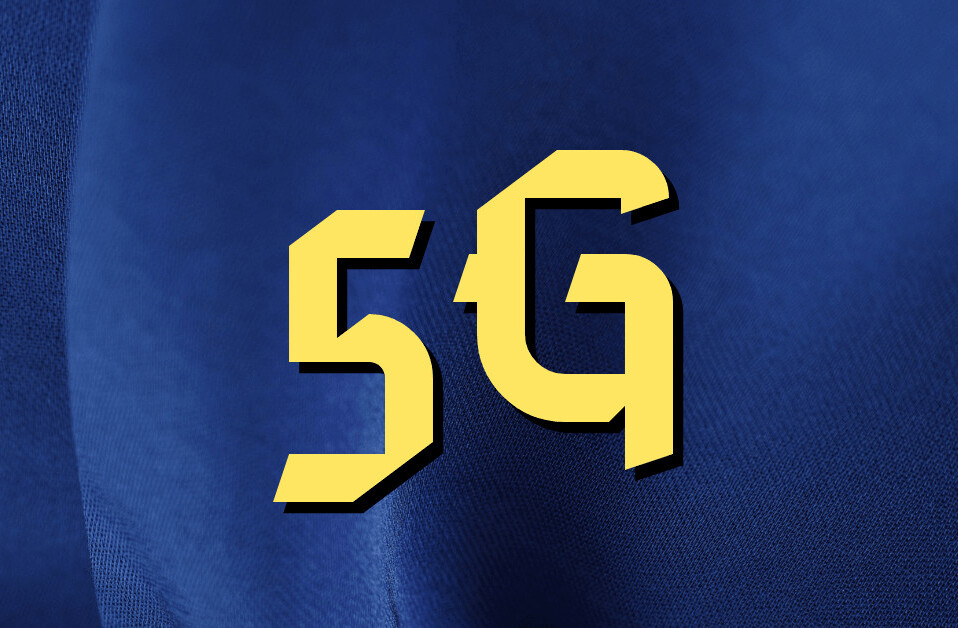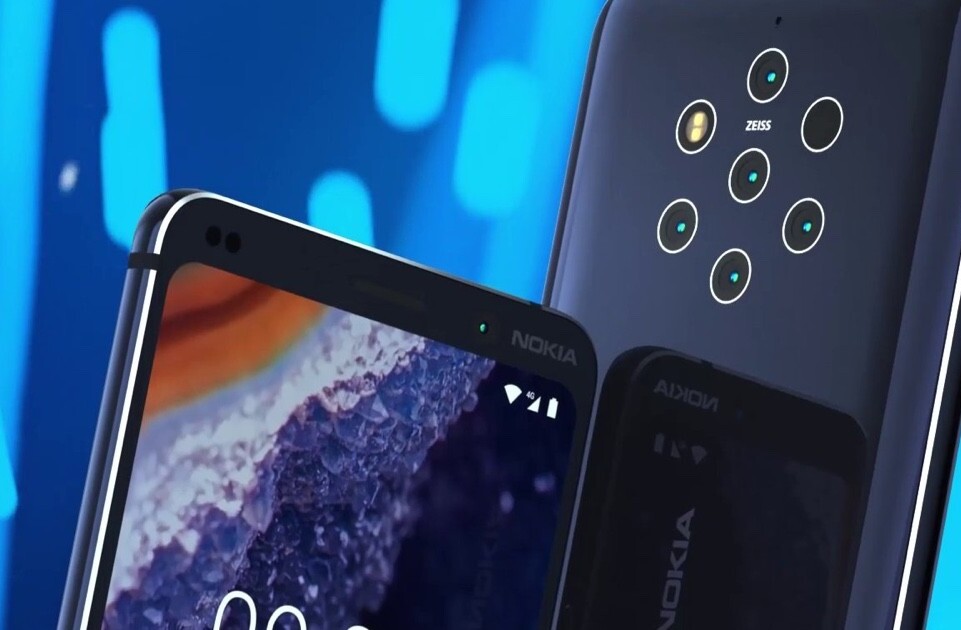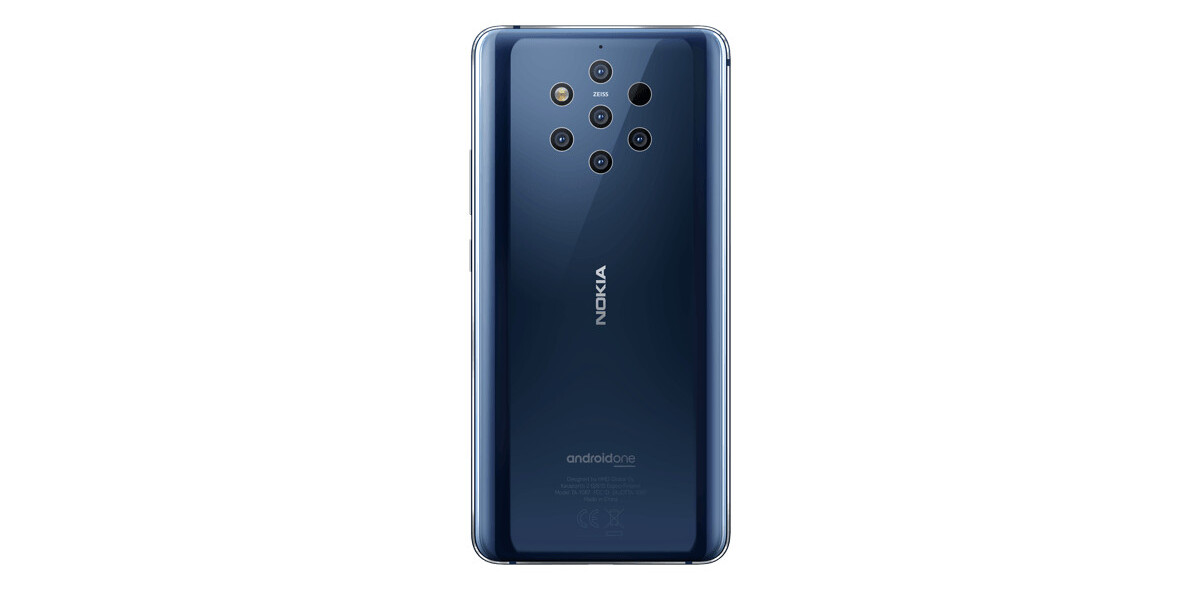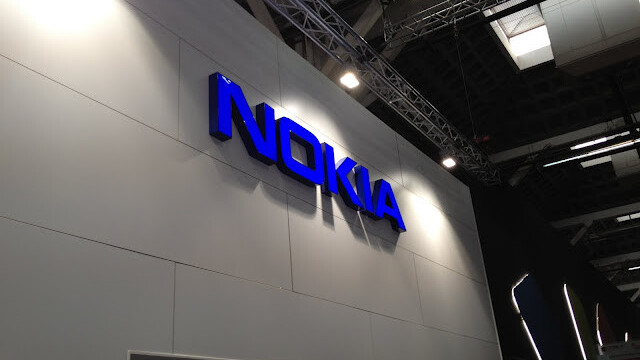
European mobile operators appear to have dealt Nokia a fresh blow in its bid to overturn its flagging smartphone business, with its latest devices receiving a lukewarm response from four of the continent’s major carriers, Reuters reveals.
Nokia, which signed an agreement with Microsoft to power its new smartphones with the Windows Phone operating system in early 2011, has been accused of lacking innovation, inflating the price of its handsets, launching devices with major software issues and failing to back up launches with a big marketing spend.
The four major European operators — which have not been named — told Reuters that consumers preferred devices from Apple and Samsung, with one carrier executive stating that “No one comes into the store and asks for a Windows Phone.”
Nokia has faced difficulties in bringing its new Windows Phone smartphones to market, particularly with Apple and Samsung reporting record handset sales in their respective last-quarter financial earnings reports. Devices have launched with software issues, requiring the Finnish manufacturer to issue software fixes or replace handsets shortly after launch.
Last week, the company announced that it had lowered its first-quarter 2012 outlook for the key Devices & Services business unit, despite selling over 2 million Lumia phones in the first quarter of the year.
It said multiple factors negatively affected the unit ‘to a greater extent than it previously expected’. In particular, Nokia blamed declines in gross margins and ‘competitive industry dynamics’ (which means Apple and Android handset makers are continuing to make the company’s life difficult).
This led to Moody cutting its credit rating on Nokia, as the company’s shares dropped below the three Euro mark, its lowest level in 15 years.
Operators are lamenting at the marketing spend by Nokia and Microsoft to push the Windows Phone platform, with carriers able to train their staff to sell the new Nokia devices but not able to offer bigger incentives.
One operator sums it all up: “Ultimately, Nokia and Windows are challengers and they either need to come to market with a really disruptive, innovative product or a huge marketing budget to create client demand. So far they have done neither.”
There is no doubting that Nokia smartphones are quality devices, the company is known for its exceptional build quality and use of impressive hardware. However, backing a platform that still lacks users and faces intense competition from iOS and Android, both Nokia and Microsoft have a long road to success ahead of them.
Smartphone innovation will ultimately improve with Nokia as a major player, it needs to turn its investments into handset sales and ensure it can continue to provide competition to its rivals.
Many believe it should sell off its mobile business (which focuses on handsets for ‘the next billion’) and concentrate on the higher-end smartphone market exclusively. It would be a drastic strategy shift by the company, but with falling worldwide device sales, Nokia may be forced to amend its plans in order to remain a competitive player.
Get the TNW newsletter
Get the most important tech news in your inbox each week.

